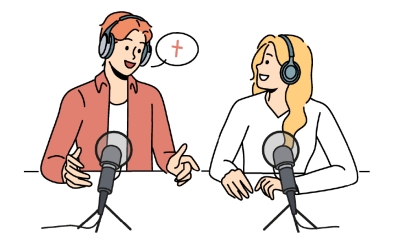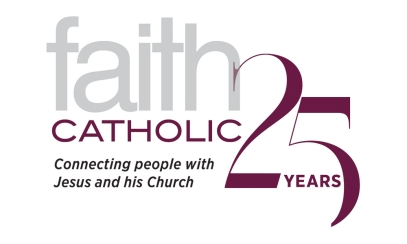Who can be saved?
In His secret nighttime discussion with Nicodemus, one of the leading Pharisees and a man endowed with an inquiring intellectual curiosity, Jesus tells him, “God sent His Son into the world not to condemn the world, but so that through Him the world might be saved.” (John 3:17) In others words, the damned can be saved. But whether or not they are saved depends entirely upon their response to God’s offer. God offers, we respond … and the entirety of the Bible is an account of our human response to God’s many offerings of His love.
Can Catholics be saved? Some say “no.” Can Jews be saved? Some say “no.” Can Muslims be saved? Some say “no.” But what does God say? I know what the Bible says … it speaks of our response to God’s love, a response that all too often can be elitist and exclusive.
But, I ask again, what does God say? Who is “in the club” and who is a non-member? That question occupies the attention of many people, as we all know so very well. In our early teens we’re taught to determine who is “in” and who is “uncool.” The ancient game of winners and losers still occupies our minds and hearts, even in our so-called enlightened society.
This issue of FAITH Magazine presents two Catholics who share our common union of faith and yet who belong to two political parties that stand for quite divergent public policies. Are either of these two saved or damned because of their views? Both have entered into our shared Catholic conversations with Jesus. Both share our Communion. And both have strong commitments and a shared compassion for those among us who have no fortunes when it comes to accessing power.
The truly poor are those who are denied access to power. Ever notice how Jesus went about bringing Divine Power to those who were outcast and lacked access to power? God, we must remember, has a preferential option for the poor. Jesus was willing to leave the “ins,” the other 99, and go after the “outs,” the lost sheep.
And Jesus’ very own mother is known among us as the “Refuge of Sinners.” Is it not worthy of remarking that throughout history notorious sinners and people with little hope are found at the feet of Mary, asking for her motherly love? Mothers, you see, never give up on their children, no matter how condemned they may be.
Nor should we, particularly as Catholics. For the Catholic Church – a sinner’s Church. These are the ones who are quite shocked at how forgiving we are of human beings who are broken and mortally wounded and come to their priest to seek absolution. Who but God can lift their sins from them?
Which is why I am glad that I can worship among all of those sinners who come to Mass on Sunday and begin our worship by confessing our sins.



